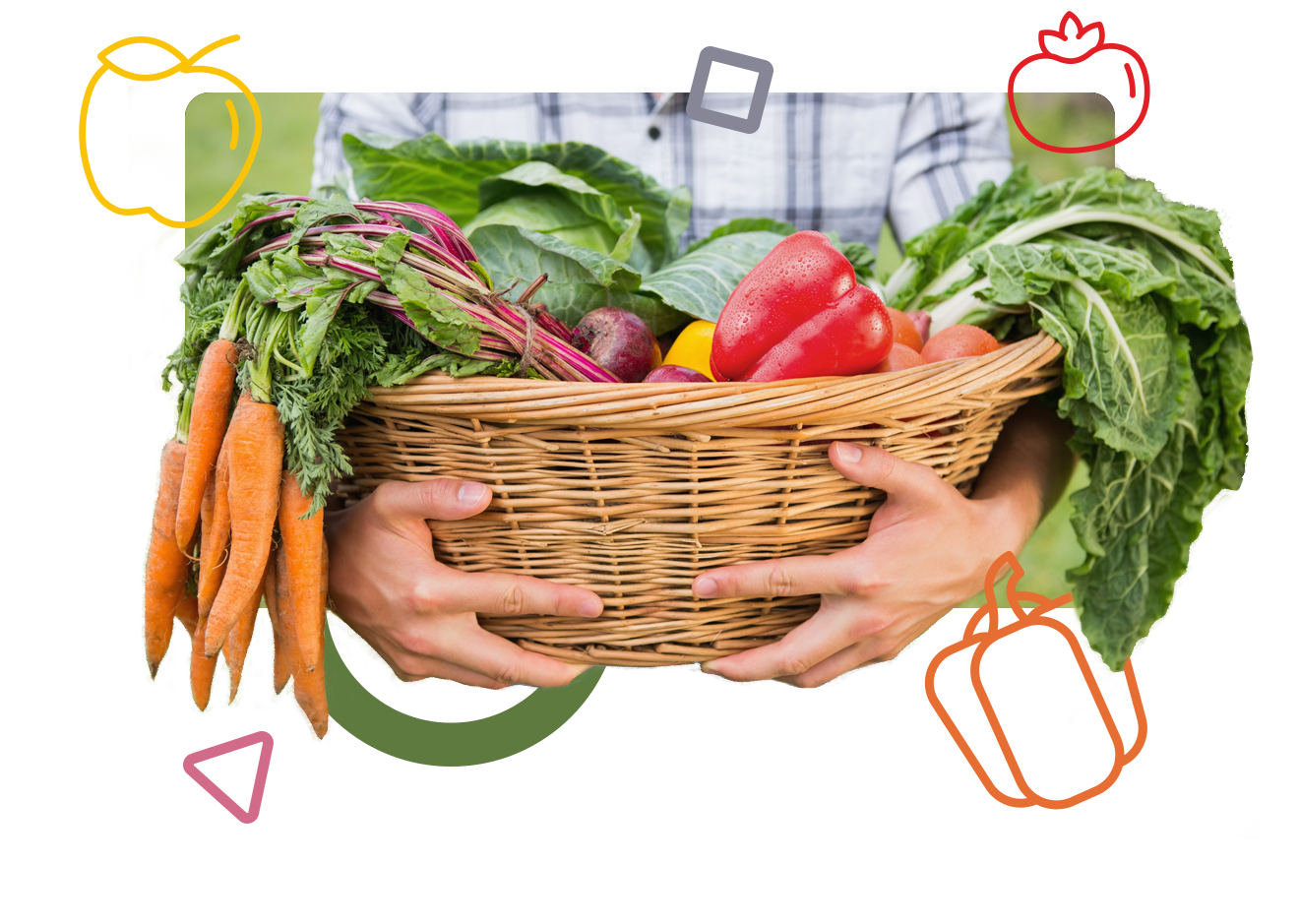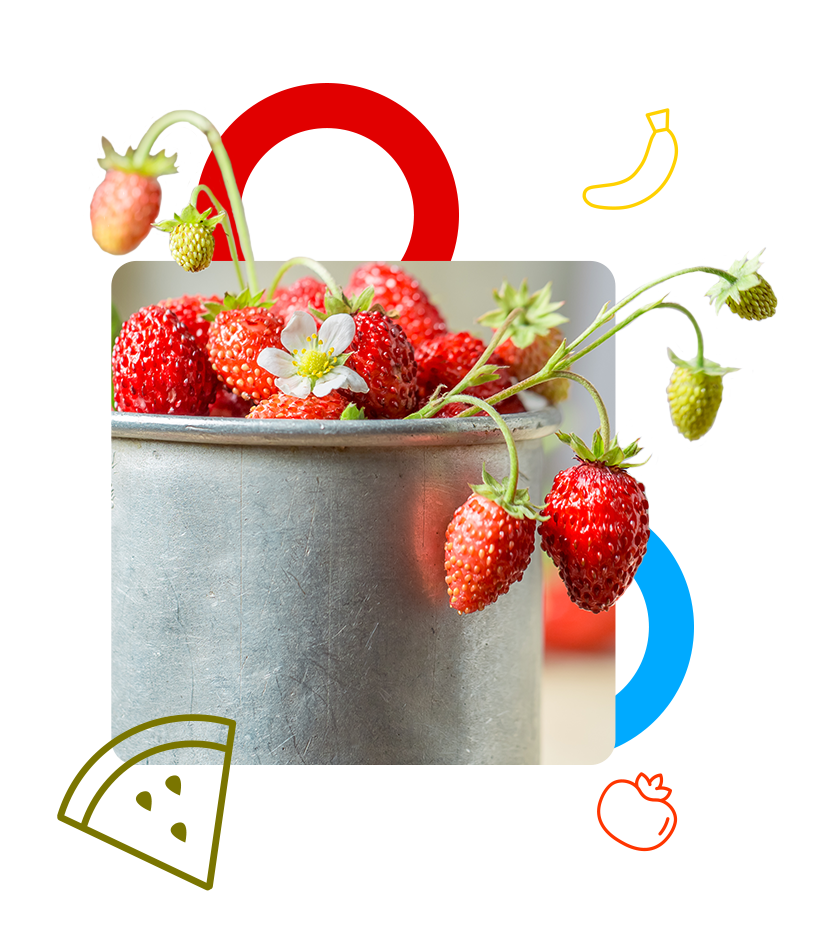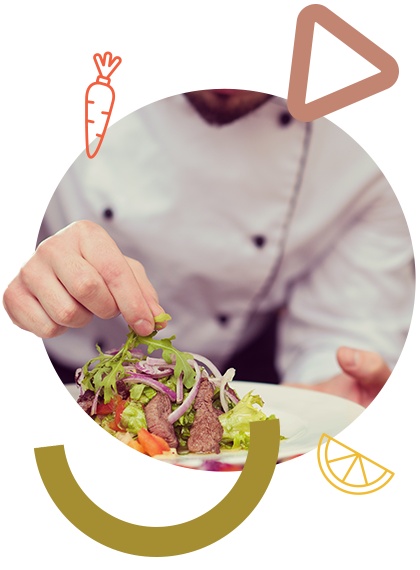Home
Rethink • Reduce • Reuse... How to make it Greener
- Online course open 24/7
- Designed for the HORECA sector
- Food-waste prevention at your fingertip

Learn new green skills from best practices
Browse our 5 modules to become a greener
Share new ideas with experts from the HORECA sector
Discover sustainable recipes from across Europe
VET LOVES FOOD
VET LOVES FOOD is a new European Project mainly addressed to VET teachers, trainers, students and schools.
It intends to develop green skills in the agro-food curricula of VET educational pathways and to raise awareness in this sector on food-wasting prevention.
VET Schools
Chefs & HORECA
The project in brief
What we do
GLOBAL FOOD LOSSES
VET COMMUNITY
DELIVERABLES
FOOD-WASTE PREVENTION

Our key principles
Developing green skills competencies regarding food-waste prevention in the hostelry and VET centers
RETHINK
REDUCE
REUSE
WHAT ABOUT YOU?
Join our community ... discover our partners!







Frequently asked questions
According to the UNEP Food Waste Index 2021, around 931 million tonnes of food waste were generated in 2019 – 61% of which came from households, 26% from food service and 13% from retail – suggesting that 17% of global food production may be wasted at these stages of the food supply chain. Similarly, in the EU, households generate more than half of the total food waste (53%) in the EU with 69% of food waste arising at household, food service and retail (Eurostat, 2022).
Wasting food is not only an ethical and economic issue but it also depletes the environment of limited natural resources. The EU is committed to meeting the Sustainable Development Goal Target 12.3 to halve per capita global food waste at the retail and consumer level by 2030, and reduce food losses along the food production and supply chains. By reducing food losses and waste to help achieve Sustainable Development Goals, we can also:
- support the fight against climate change (Food waste has a huge environmental impact, accounting for about 7% of total EU Greenhouse Gas emissions (associated to the EU’s overall consumption footprint)
- save nutritious food for redistribution to those in need, helping to eradicate hunger and malnutrition
- save money for farmers, companies and households










